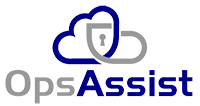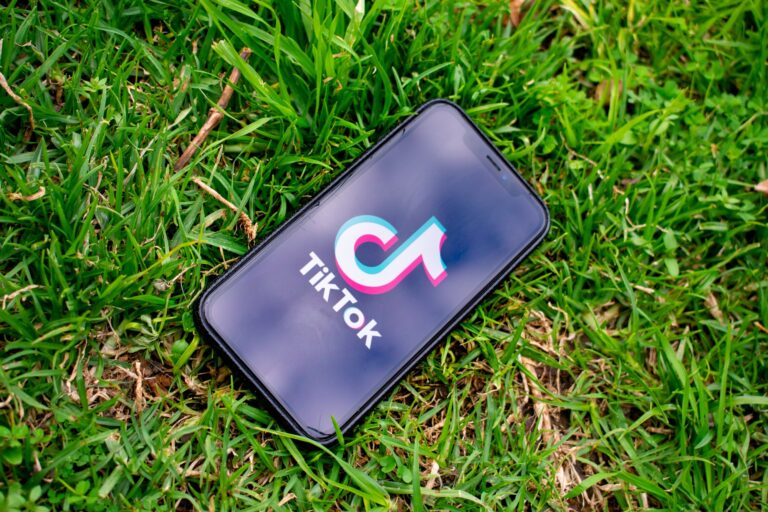The EU AI Act is a significant regulatory milestone that introduces a new framework for the use of Artificial Intelligence (AI) across the European Union. As AI continues to shape the business landscape, understanding the EU AI Act’s provisions is essential for companies to stay compliant and competitive.
Understanding the EU AI Act
The EU AI Act introduces a classification system for AI technologies based on their associated risks:
- Unacceptable Risk: Certain AI practices that are considered a threat, such as mass surveillance and social scoring, are banned with minimal exceptions.
- High Risk: Systems that could affect safety, such as those used in critical infrastructure, require strict compliance.
- Limited Risk: All AI applications, even those with minimal risk, must fulfill transparency obligations to users.
- Minimal Risk: However, this Act isn’t about stifling AI. It is about adding transparency and ensuring that AI is used appropriately. Those lower-risk AI technologies that don’t introduce added risks are encouraged for innovation with minimal regulation.
Impact on Businesses
The EU AI Act will have varied implications depending on how your business engages with AI:
- Compliance: All AI systems, especially high-risk ones, must meet new standards.
- Innovation: Ethically guided innovation can set your business apart in the market.
- Operational Changes: Businesses may need to redesign AI systems to comply.
- Risk Management: Proactive risk management and audits are required for high-risk AI.
- Data Governance: Businesses must ensure data used in AI is accessible and correctable.
Strategic Planning with the EU AI Act
For business leaders, the EU AI Act is more than just a regulatory hurdle. It serves as a strategic guide in the evolving AI governance landscape. Adopting ethical AI practices and aligning with the Act’s provisions can position companies as leaders in responsible AI. It’s crucial for businesses to incorporate the EU AI Act into their long-term strategic planning to ensure compliance and to capitalize on the opportunities it presents.
Global Context and Ethical AI Practices
The EU AI Act sets a precedent for global AI regulation, with countries like the United States taking note. While the approaches to AI regulation may vary across regions, the trend towards ethical AI practices is gaining momentum. Businesses should prepare for similar regulations in their markets and leverage third-party expertise to keep abreast of global regulations.
Future Steps
The EU AI Act will transform how businesses develop and deploy AI, making compliance a critical aspect of operations. OpsAssist is here to help your business adapt to these changes and leverage the new regulations for strategic advantage. For assistance with the EU AI Act, contact OpsAssist.




